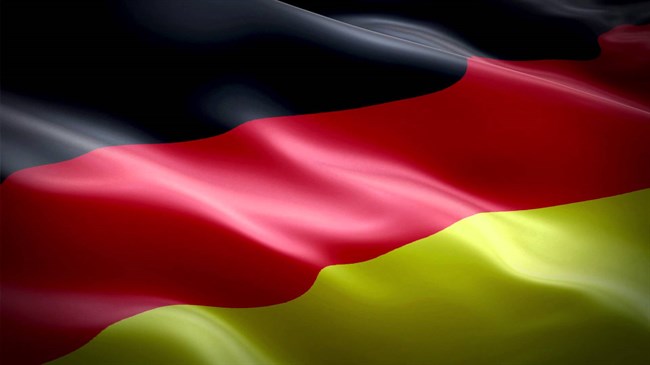
This was the third shock following a referendum on Brexit in June 2016 - in which Britons voted in favor of leaving the European Union - and the election of Donald Trump as US president last November.
The anti-immigration Alternative for Germany (AfD), the first far-right party to enter the German parliament in over half a century, came in third place with about 13 percent of the votes.
Before the elections, a Forsa poll showed that the AfD would be able to secure adequate votes to win seats in parliament. This is while despite an impressive showing in the 2013 election — winning 4.7 percent of the vote — the AfD failed to gain the five percent needed to enter the German parliament.
The election results showed that Merkel’s conservative bloc secured 33 percent of the vote, losing 8.5 points since 2013 — its lowest level since 1949.
The Social Democrats that have governed with Merkel since 2013 dropped to a postwar low of 20.5 percent.
This indicates that Merkel’s party will have to build a coalition government with other parties.
Besides, the German parliament will now have six parties after the AfD secured enough votes to return to the legislative body.
Although Merkel’s party came first in the elections, it seems that the far right is the only winner of Sunday’s election.
*Hossein Ziaei is an Iranian journalist.
Source: Iran Daily
9060**1377
Follow us on Twitter @IrnaEnglish
 solhkhabar | Peace International News Agency Peace International News Agency , Peace News , International Agency News of Peace
solhkhabar | Peace International News Agency Peace International News Agency , Peace News , International Agency News of Peace